Anise 100 caps. Supports the stomach and intestines
26,16 €
- Processing: Orders ship within 48 hours.
- Delivery: Germany: 1 day via DHL Express, 3 days via standard DHL.
EU delivery: 1-2 days via DHL Express, 3-4 days via standard DHL. - Shipping Costs: Calculated at checkout.
- Tracking: You'll receive a tracking number once your order ships.
- Return Window: 30 days from delivery for refunds or exchanges.
- Eligibility: Items must be unused and in original packaging.
- Process: Contact us to initiate a return. Refunds processed within 5-7 days after receiving the return.
- Exclusions: Perishables and personalized items cannot be returned.
Description
Contents : 100 gelatin capsules
- Directions for use: 1 capsule once a day. Swallow the capsule and drink plenty of water 30 minutes before a meal, do not exceed the dose.
- Storage conditions: Store in a dry, dark place out of reach of children.
- NOTES: Do not exceed the recommended daily dose. Not for use by pregnant or lactating women or children under 12 years of age.
- The product cannot be used as a substitute for a properly varied diet.
What is anise and what does it look like?
This plant comes from the area of North Africa, West Asia and the Mediterranean. The largest producers of anise are Spain, Turkey, Bulgaria, India, Mexico and Argentina. Of these, Spain is considered the main and most valued production area. What does anise look like? The plant reaches up to about 50 centimetres in height, has a characteristic, hollow stem. On the stem, depending on the height and location, anise has leaves. The flowers of anise are white, and honey can be obtained from them. The fruit of anise is the so-called schizocarp, has an egg-shaped or pear-shaped shape.
Anise – properties:
The medicinal raw material of anise is its fruit and anise oil, which is an essential oil of lipid nature. The substances with medicinal properties found in anise raw materials include the aforementioned essential oils, flavonoids, proteins and sterols. It is worth focusing for a moment on anise oil. It contains compounds such as anethole (with phytoestrogenic properties), estragole, anisic aldehyde, dianethole, furanocoumarins, sterols and terpene hydrocarbons. These compounds are largely responsible for the properties of anise.
This plant has primarily an expectorant effect and stimulates the ciliary movements of the bronchial epithelium. Raw materials obtained from this plant are used for stomach and intestinal diseases, intestinal colic, and gastrointestinal parasites – anise seeds and other anise components have a carminative and spasmolytic effect. Anise is widely used for problems with milk production by mothers. This is because it has a milk-promoting effect. Scientists suggest that these properties of anise result from the chemical similarity of anethole (contained in anise oil) to dopamine – which stimulates the secretion of prolactin, which in turn is responsible for lactation.
The medicinal properties of anise are as follows:
- Disinfecting,
- Expectorants,
- Spasmolytic,
- Carminative,
- Antispasmodic,
- Stimulating lactation,
- Repels insects,
- Slight antibacterial and diuretic effect.
Anise – use:
The main directions of use of anise are as follows:
- Stomach diseases,
- Intestinal diseases,
- Bloating, abdominal pain, intestinal cramps,
- Intestinal colic (in children),
- Gastrointestinal parasites,
- Limited milk production by mothers,
- Skin infections.
Anise – contraindications:
Do not use anise if you are hypersensitive to anise oil, suffer from acute gastritis, enteritis, nephritis, gastric and/or duodenal ulcer, or internal bleeding.
Large doses of anise oil irritate the digestive tract, dilate capillaries, and may cause intoxication, convulsions, cerebral and pulmonary congestion, and kidney damage.
You should also be careful of the photosensitizing properties of star anise, but also of burnet. The furanocoumarins contained in it have phototoxic properties, so when using anise you should not expose yourself to direct sunlight, as this can result in discoloration and hypersensitivity skin reactions.
It is also important to remember the basic safety rules that must be followed when using herbs or dietary supplements. Products containing anise should be used in accordance with the manufacturer’s requirements and the doctor’s guidelines. Do not use after the expiration date. Store out of the reach and sight of children, at an appropriate temperature and in a tightly closed container. When using, pay attention to the expiration date on the packaging.
Can anise be used during pregnancy?
Due to the lack of data confirming the safety of its use, it is not recommended to use anise during pregnancy. However, specialists in the field of phytotherapy, such as Henryk Różański, allow (and even recommend in specific ailments) the use of anise in small children and infants.

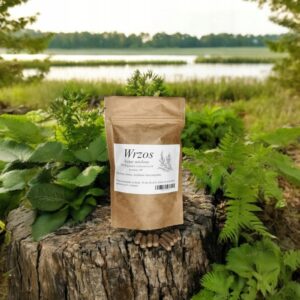
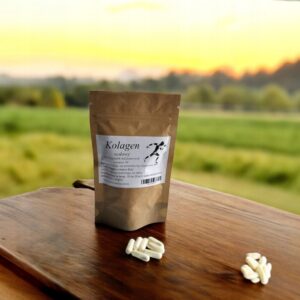
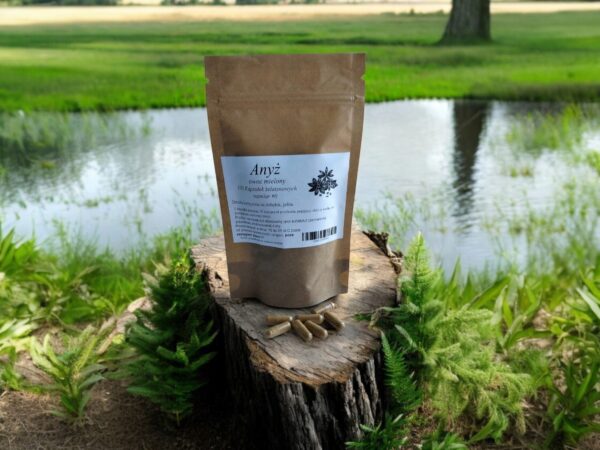

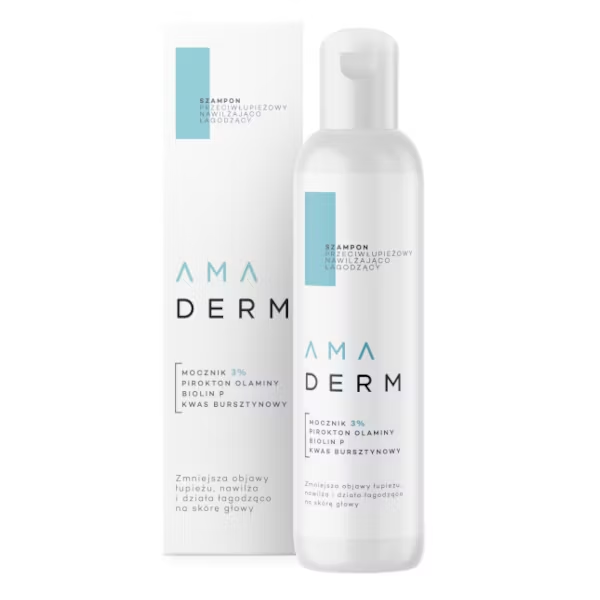
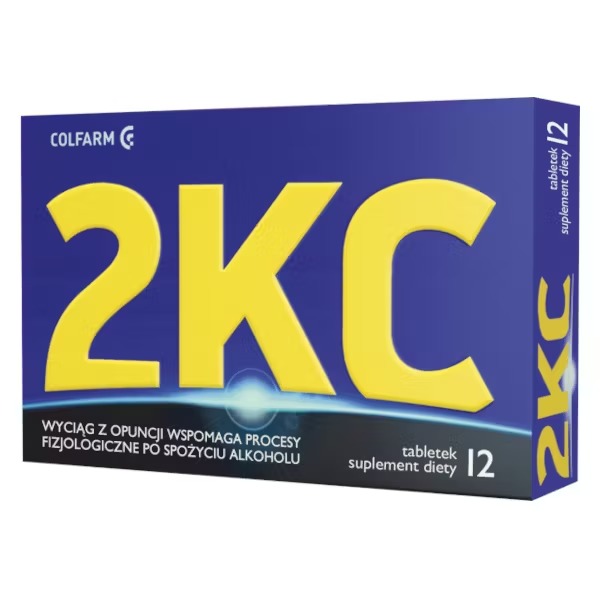
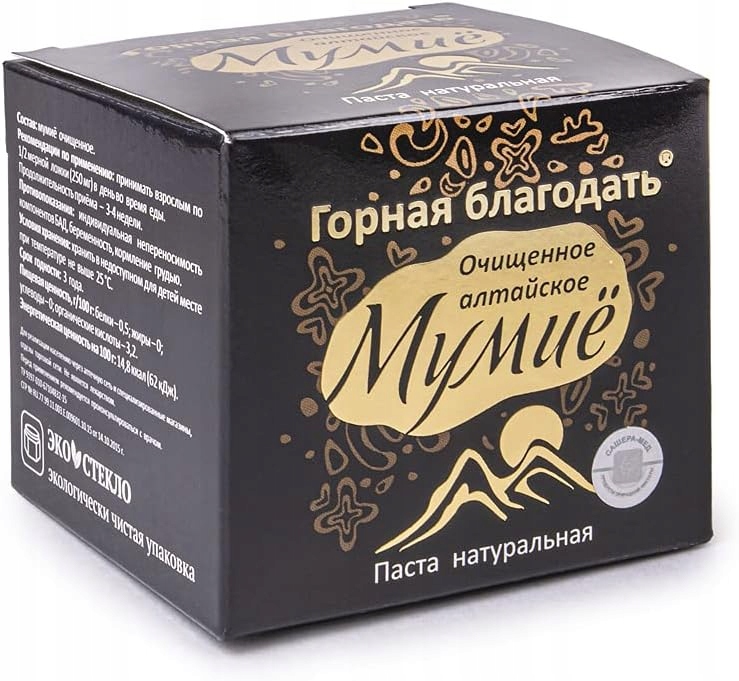
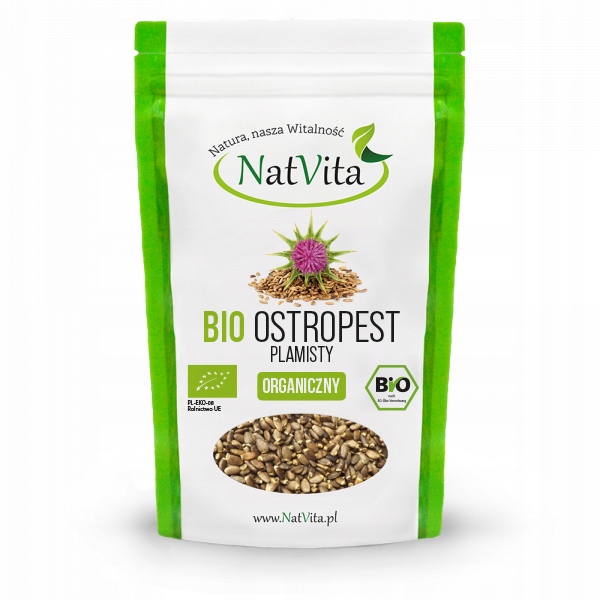
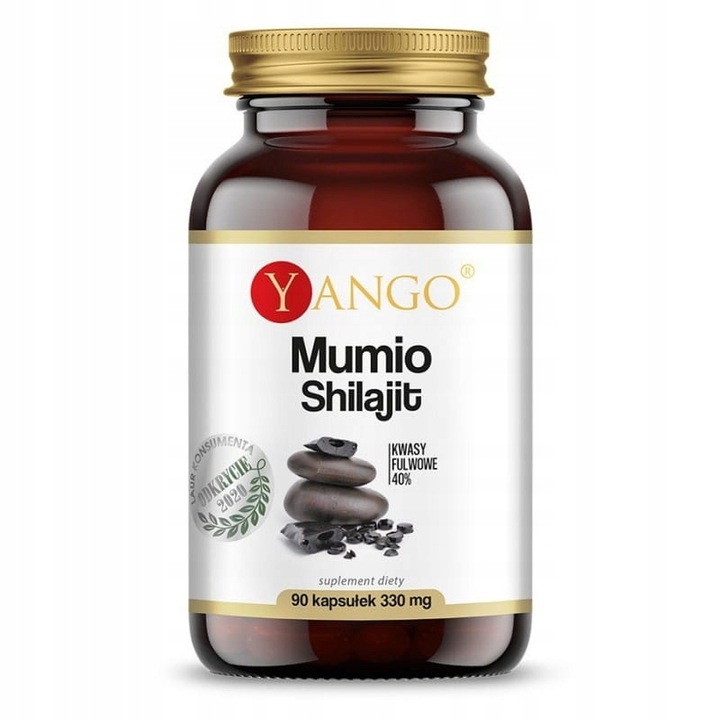

























Reviews
Clear filtersThere are no reviews yet.